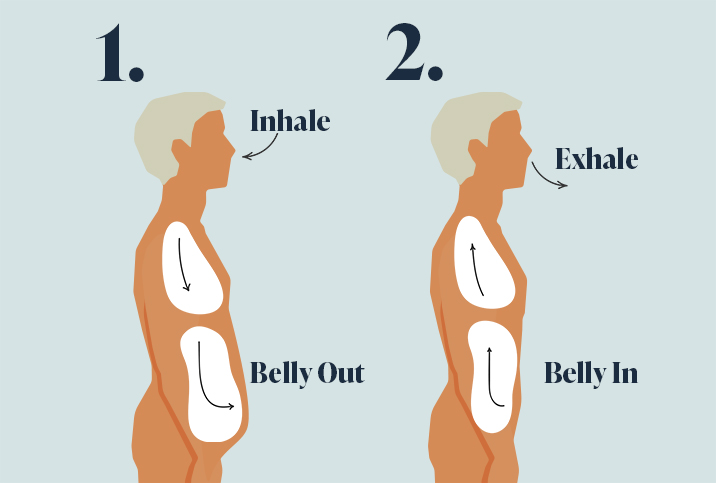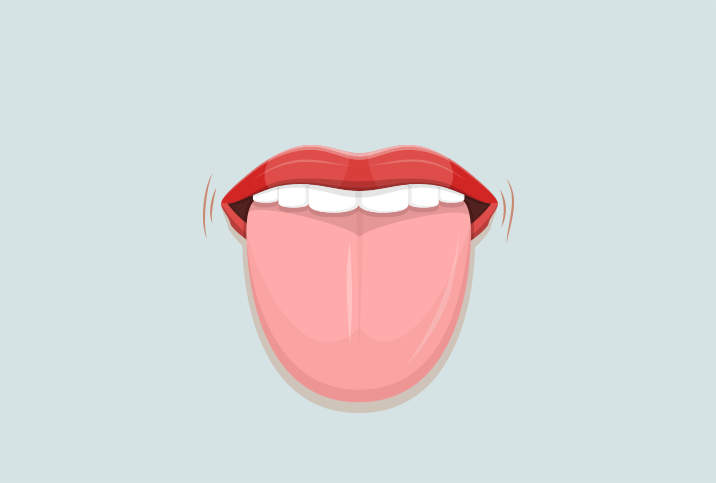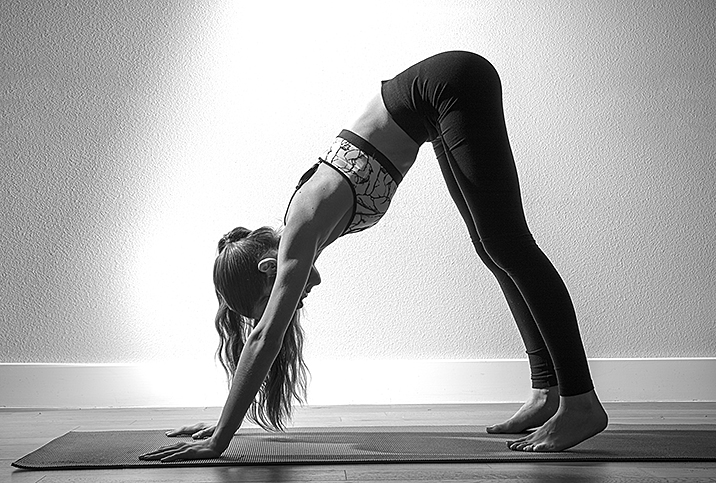5 Simple Breathing Techniques for Stress

It seems like new medical conditions—and the medications to cure them—are constantly rolling out these days. However, there is one genuine malady in this modern world we all have in common: stress.
The demands of work, relationships, kids, work again, keeping fit, more work, shopping, cooking, work one more time and life in general always seem to extract more and more from us. Guess what? There's hardly going to be more time to make room for your increasing list of tasks and worries. But there are ways to make those tasks and worries less taxing.
Serious stress
Stress has been shown to adversely affect various physical conditions, such as erectile function, the gastrointestinal system, the endocrine system, the cardiovascular system, cognitive function and more. Studies even demonstrated stress can lead to the loss of neurons in the brain.
Luckily, we're armed with a weapon against stress and its complications, and it's one you're already familiar with: breathing.
Breath control and using breathing as a practice to mitigate stress isn't new, either. What is new is the research being conducted on their real-world effects. For instance, a 2016 study published in the journal Neurological Science looked at a group of people guided in weekly deep-breathing interventions. Participants reported positive results, including better mood, lower stress, and a significantly reduced heart rate and lower levels of salivary cortisol, also known as the "stress hormone."
Here are a few breathing techniques you can try for relaxation and to reduce stress.
Diaphragmatic breathing

Singers are taught to project from the diaphragm, and those deep breaths might be part of why we hear about the "singer's high," or a sense of elevated mood and reduced stress after belting out a few tunes.
Focus your breathing on inflating your belly, taking the breath all the way down to your diaphragm and beyond. When you're stressed—and particularly if you feel yourself slipping toward a sense of panic—you tend to take shallow breaths that limit oxygen intake and the amount of carbon dioxide you exhale. Focusing on deep, diaphragmatic or belly breathing gives you more oxygen and shifts your attention away from your stressors.
Breath counting

In guided meditation, rather than being instructed to "not think about anything," you'll often be told to focus on your breathing. It's a great way to harness your attention while turning your focus away from other thoughts that might be racing around your brain.
After each deep, full breath in and out, count up to or down from 10, 20 or even 50. If you lose track of the number, your mind is elsewhere, and that means you'll need to regroup and get back to counting.
Lion's breath

This one is taken straight out of millennia-old yoga techniques. We tend to carry a lot of tension in our chests—hence the tight, shallow breaths when we're stressed.
For the lion's breath technique, inhale deeply through your nose until you can't take in any more air. Then open your mouth wide and exhale slowly with a "ha" sound. You might want to find a private corner of the park or an empty office, but it'll be worth it as the vocalization pushes out extra tension from your chest and lungs.
Equal breathing in and out
This is pretty self-explanatory. Sit comfortably, breathe in through your nose and slowly count to five. Then exhale through your mouth, again slowly counting to five. Rinse, repeat.
Progressive muscle relaxation
This technique is lifted from various meditation practices and includes taking a few deep breaths to prepare yourself, followed by a slow, deep breath through your nose.
At the same time, tense the muscles of your feet. On the exhale through your mouth, relax your feet. Next, do your calves, and slowly work your way up the body. Consciously putting your attention on specific actions other than the source of your stress can help break its hold on you.
Every schoolchild knows we need oxygen to live. But learning how you can use something as rudimentary yet vital as your breath to relax can be the study of a lifetime.


















